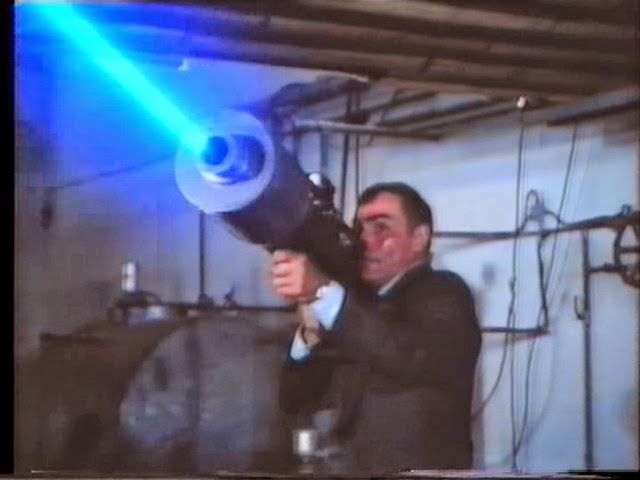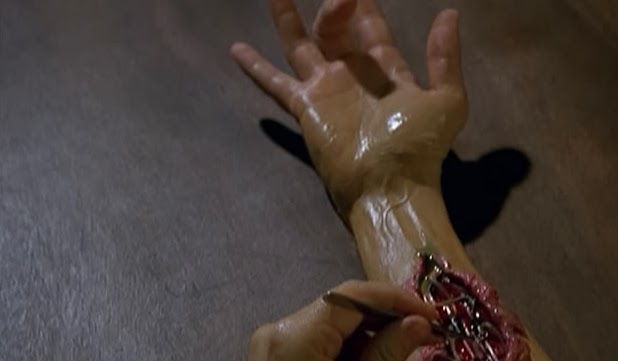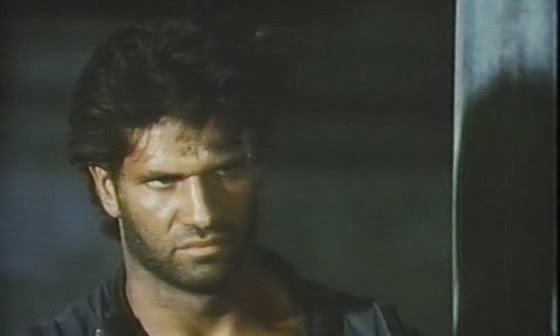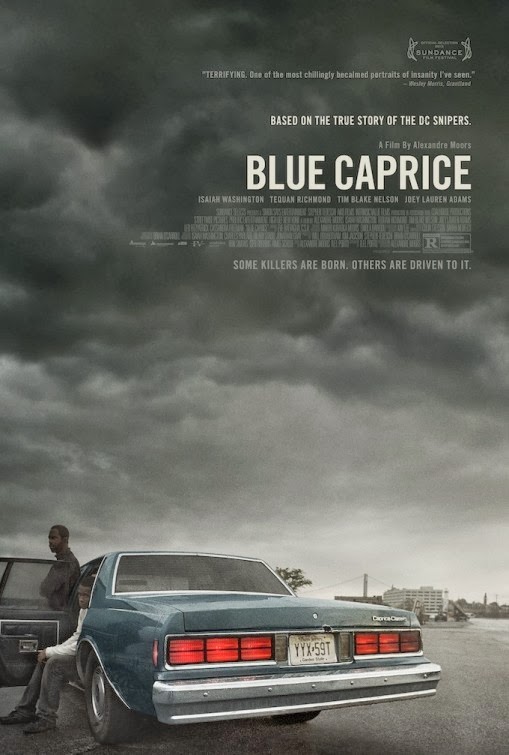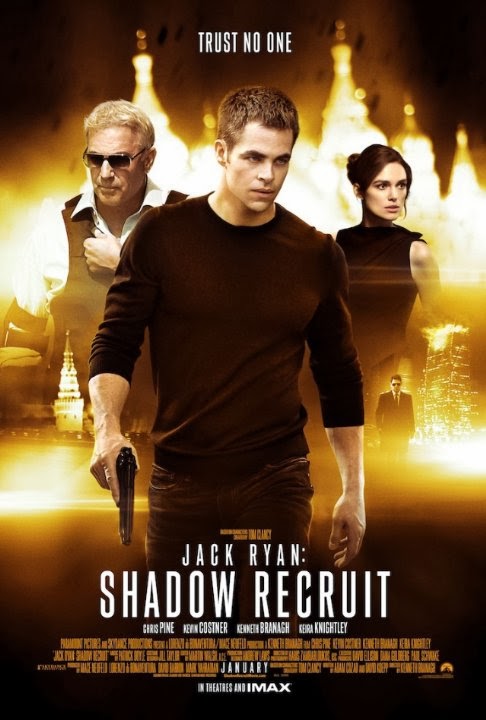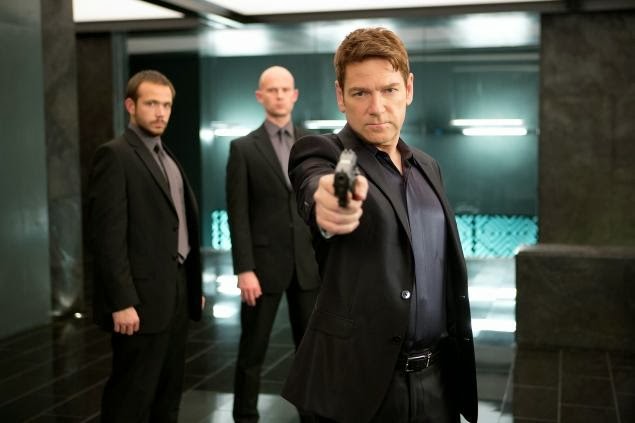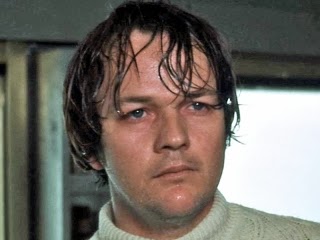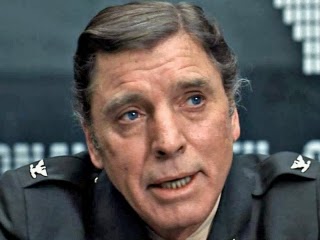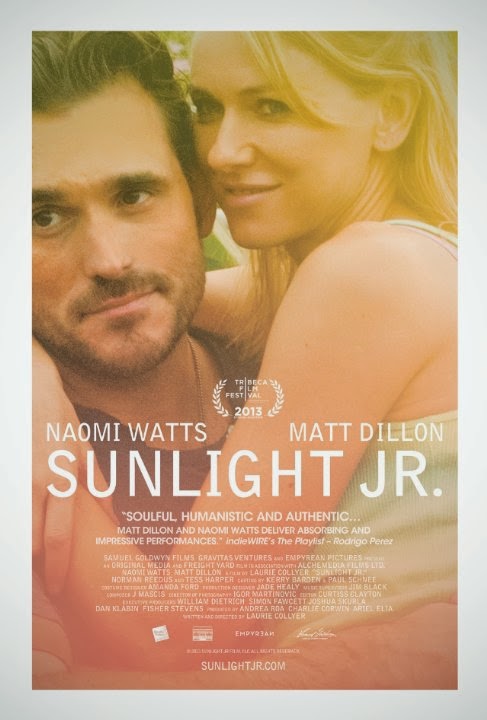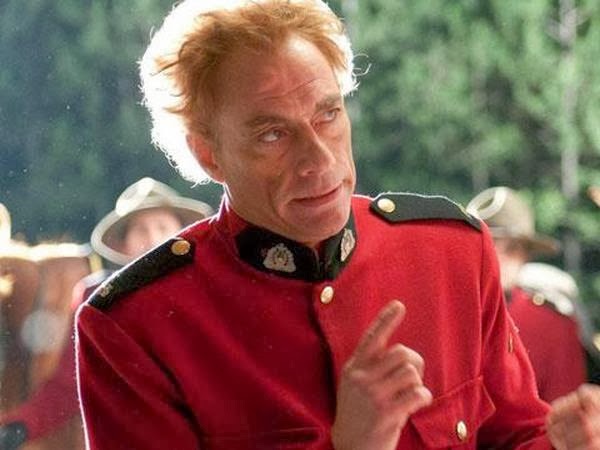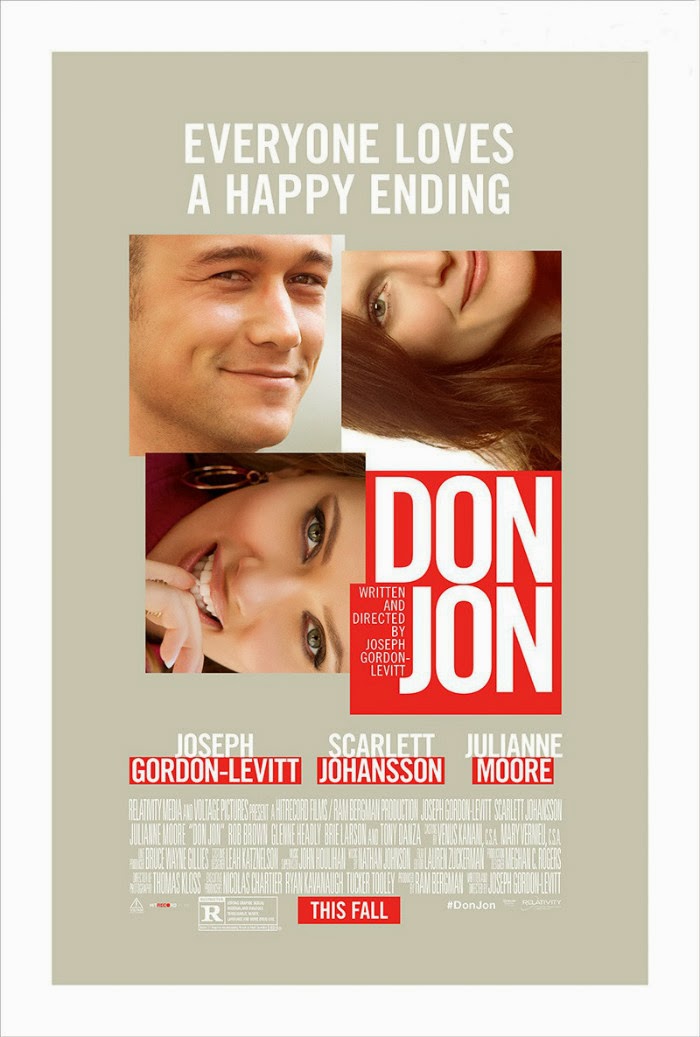THE WOLF OF WALL STREET
(US - 2013)
Directed by Martin Scorsese. Written by Terence Winter. Cast: Leonardo DiCaprio, Jonah Hill, Matthew McConaughey, Margot Robbie, Kyle Chandler, Jean Dujardin, Rob Reiner, Jon Bernthal, Jon Favreau, Cristin Milioti, Shea Whigham, Joanna Lumley, Ethan Suplee, P.J. Byrne, Kenneth Choi, Brian Sacca, Henry Zabrowski, Robert Clohessy, Christine Ebersole, Fran Lebowitz, Bo Dietl. (R, 180 mins)
Right on the heels of David O. Russell's de facto Martin Scorsese tribute AMERICAN HUSTLE comes the real thing, and while Scorsese, arguably American cinema's greatest living filmmaker, doesn't break any new ground here, there's nothing quite like watching a master do what he does best. Yes, THE WOLF OF WALL STREET finds Scorsese going back to the GOODFELLAS and CASINO well with his trademark relentless pacing, the precision editing skills of the great Thelma Schoonmaker (who hasn't worked on every Scorsese film but has been his partner-in-crime for the better part of 45 years, going back to his 1968 feature debut WHO'S THAT KNOCKING AT MY DOOR?), the breaking of the fourth wall with the protagonist directly addressing the audience, and a killer song selection propelling the action. In telling the story of convicted Wall Street investment broker Jordan Belfort (Leonardo DiCaprio) in the same manner he did with Ray Liotta's Henry Hill in GOODFELLAS and Robert De Niro's Sam "Ace" Rothstein in CASINO, Scorsese is squarely in "give the fans what they want" mode. Yes, it's familiar, but nobody does it like Scorsese and there's something about this particular manner of storytelling and the way he manages it that makes it pure, unabashed cinema at its most electrifying. There's a palpable, kinetic energy to this film and in its expert assembly that makes three hours fly by and a convoluted storyline coherent. Jaded cynics might accuse Scorsese of spinning his wheels, but he's 71 and has nothing left to prove. He's earned it. You won't find a bolder, more free-wheelingly insane, and just flat-out entertaining film in theaters right now. There's only one Scorsese, even he's said he might only have one, maybe two films left in him. So just enjoy it. We'll lose something irreplaceable when he's gone.
On the day he's hired at a prestigious Wall Street firm in 1987, Belfort is advised by his boss Mark Hanna (Matthew McConaughey) to jerk off at least twice a day and do plenty of coke if he wants to make it in the stock market. Recently married to Teresa (Cristin Milioti) and coming from a strong blue-collar background, Belfort makes some headway but the firm goes under in the Black Monday crash. Starting over at a cut-rate penny stock outfit in a strip mall, Belfort quickly establishes himself and with some guys from his neighborhood--whose sales experience is mainly confined to weed--creates a new firm called Stratton Oakmont. Belfort's right hand is the odd Donnie Azoff (Jonah Hill), a socially inept, frequently boorish individual who married his cousin and quits his job to join Belfort after seeing his car and a $72,000 pay stub. Roping in investors with blue-chip stocks and then conning them on the bullshit penny stocks which provide 50% commission, Belfort and his Stratton Oakmont underlings rapidly grow obscenely wealthy and prone to every over-the-top indulgence imaginable: a day at the office is tantamount to an id-driven bacchanal, with booze, cocaine, Quaaludes, prostitution, public sex, orgies, etc. By now a hopeless drug and sex addict, Belfort leaves the plain Teresa for the stunning Naomi (Margot Robbie), but his hunger for excess only grows, including S&M sessions with a dominatrix who inserts a lit candle up his ass. As the money keeps rolling in, Stratton Oakmont catches the attention of FBI agent Denham (Kyle Chandler) as Scorsese takes the film into an extended "last half hour of GOODFELLAS" territory when Belfort has to come up with convoluted schemes to get his money into a Swiss bank and keep the Feds off his back.
Anyone who knows Belfort's story (which inspired the 2000 film BOILER ROOM) is already aware that he was ultimately convicted of fraud and stock market manipulation and got a reduced sentence after he turned informant on his co-conspirators. He's since become an infomercial guru and motivational speaker. Even with the structural familiarity, Scorsese takes somewhat of a different approach to THE WOLF OF WALL STREET. Until Belfort's irrational behavior becomes violent near the end and the film turns deadly serious, the first 150 or so minutes are primarily conceived as a broad comedy. The sexual escapades of Belfort and his crew are almost CALIGULA-esque in their excess and depravity (Scorsese had to make some cuts to avoid an NC-17), and the drug episodes--the Lemmon 714 sequence is one of the most hilarious set pieces of 2013--almost take the film into the grotesquely comic territory of FEAR AND LOATHING IN LAS VEGAS, with some marvelously-executed physical acting by DiCaprio and Hill. In his fifth film with Scorsese, DiCaprio has never been better. While a good chunk of the film is played for often uncomfortable laughs in situations that are prone to going overboard, DiCaprio is given space to show the charisma that Belfort possessed amid his frequent atrocities. Belfort is an asshole and Scorsese shows that, but he's an asshole that people are drawn to, and even though success unleashes a monster, sometimes that decent blue collar kid shows up. DiCaprio explores this dichotomy in a terrific scene where he's about to leave the film as part of his plea deal and he singles out one broker--a single mom who was behind on her rent when she was hired--and speaks from the heart about how he gave her a salary advance because he believed in her.
But those meaningful, pensive moments are few and far between. Like its subject, THE WOLF OF WALL STREET is all about unabashed debauchery. It's profane, outrageous, raunchy, and gloriously offensive, whether Donnie's talking about the possibility of mentally-challenged children with his cousin/wife, saying if they had a "retard," he'd just take the child for a drive to the woods and just "set it free," or one stockbroker's inappropriate reaction to seeing Naomi for the first time ("I'd let her give me AIDS"). Scorsese and screenwriter Terence Winter (BOARDWALK EMPIRE) give the story space to develop and do a great job of keeping it contained even as its absurdity goes off the charts. Most other filmmakers would've had to whittle it down and still would've lost control, and a director with less clout would've been told to trim the Lemmon 714 section and probably the airplane orgy and probably the scene of DiCaprio and Hill double-teaming a hooker and definitely the scene of a prosthetic-penis-sporting Hill masturbating in a Quaalude-induced stupor. It's the kind of film where you're laughing even though you're appalled. Anchored by a career-best DiCaprio performance and a stellar supporting cast where everyone gets at least one memorable moment to shine (Rob Reiner, as Jordan's dad, losing his shit over getting a phone call during THE EQUALIZER; every time you see P.J. Byrne as Belfort's buddy Rugrat, with his "piece of shit hairpiece"; and a meeting between Belfort and Denham on Belfort's obnoxiously large yacht with its own helipad, where DiCaprio and Chandler do a brilliant job of showing both men psychologically wearing on one another), THE WOLF OF WALL STREET is almost like comfort food for Scorsese-philes. You've seen a lot of it before, but Scorsese is smart enough to not mess with success and doesn't fix what isn't broken. This is just great showmanship by a legend who may no longer have the drive and hunger of his MEAN STREETS youth, but he's still at the top of his game.














